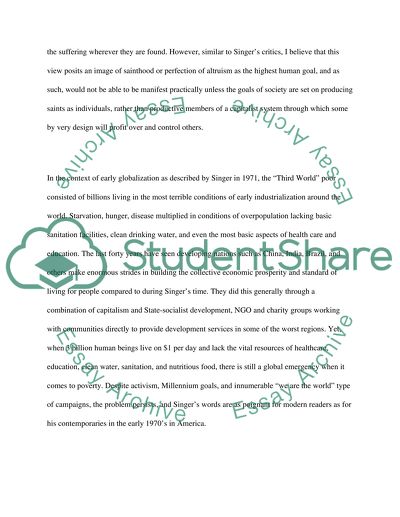Cite this document
(“Famine, Affluence and Morality by Peter Singer Essay”, n.d.)
Retrieved from https://studentshare.org/literature/1414519-famine-affluence-and-morality-by-peter-singer
Retrieved from https://studentshare.org/literature/1414519-famine-affluence-and-morality-by-peter-singer
(Famine, Affluence and Morality by Peter Singer Essay)
https://studentshare.org/literature/1414519-famine-affluence-and-morality-by-peter-singer.
https://studentshare.org/literature/1414519-famine-affluence-and-morality-by-peter-singer.
“Famine, Affluence and Morality by Peter Singer Essay”, n.d. https://studentshare.org/literature/1414519-famine-affluence-and-morality-by-peter-singer.


